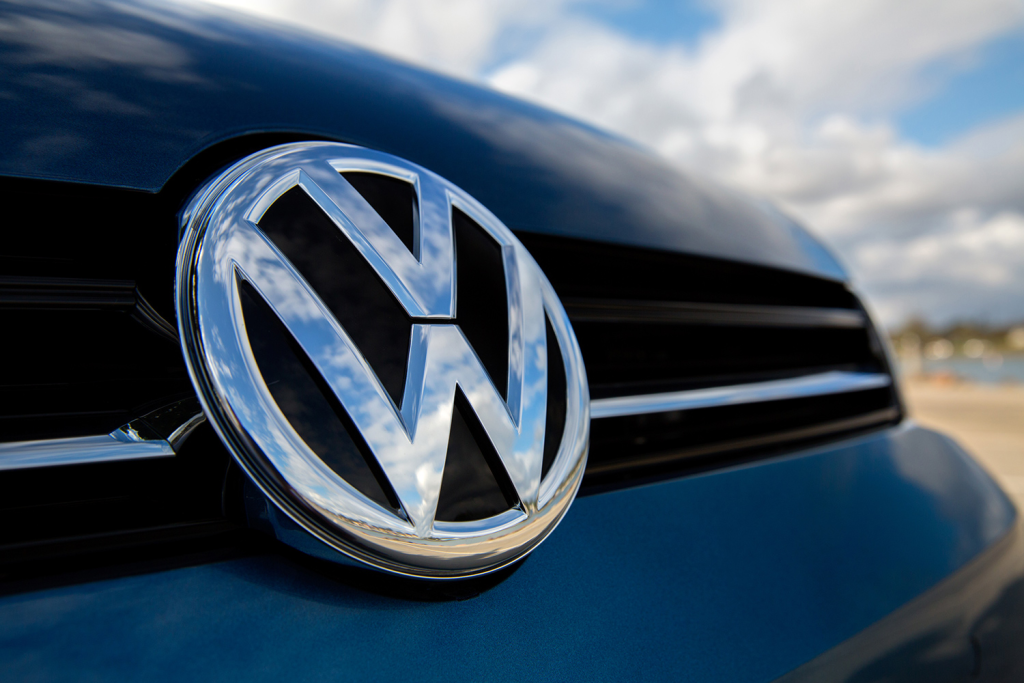Germany’s automotive industry is facing an increasingly difficult outlook.
Volkswagen may close factories in Germany for the first time, and BMW and Mercedes-Benz are struggling.
Experts told BI that all three companies face slumping EV sales and brutal competition in China.
Germany’s car giants were once the envy of the world, but now find themselves facing a myriad of threats.
BMW and Mercedes-Benz have issued profit warnings in recent weeks amid slumping EV sales in Europe and brutal competition in China, while Volkswagen is also facing a reckoning.
On Wednesday VW said net profit for the three months to September 30 plunged by almost 64% to 1.57 billion euros, with a 30% decline to 12.8 billion euros for the first nine months of the year.
A 4% rise in vehicle sales in North America and 16% growth in South America for the nine months was offset by a 1% decline in western Europe and a 12% slide in China — VW’s biggest market outside Europe. It now expects to deliver about nine million vehicles this year, or about 240,000 fewer than 2023.
Volkswagen is seeking to cut billions in costs after issuing two profit warnings in three months. On Monday, its top union official said the company was planning factory closures in Germany for the first time, along with pay cuts and layoffs. The Golf and Polo maker is one of Germany’s biggest employers with about 300,000 workers.
VW said in a statement that the company was at a “decisive point in its corporate history,” and the task was to secure its long-term future together with employee representatives. More talks were due to take place on Wednesday.
Arno Antlitz, Volkswagen’s CFO, said Wednesday’s results reflected a “challenging market environment” and highlighted the “urgent need for significant cost reductions and efficiency gains.”
Mercedes-Benz is also pursuing “cost improvements” after last week’s lackluster earnings, while BMW stock has been hit by the recall of some 1.5 million cars over a braking issue.
Fight for survival in China
All three giants face a similar problem: they’re no longer selling enough cars in China, the world’s largest car market and a one-time cash cow for European automakers. About 21.7 million new vehicles were sold in China last year, per the China Passenger Car Association figures, compared with about 15.6 million in the US and 10.5 million in Europe.
Like VW, BMW and Mercedes also reported a slide in sales in China in the third quarter, amid waning demand for luxury vehicles and the growing dominance of Chinese EV makers.
Slow sales in Europe
At the same time, Germany’s automakers are also dealing with a slowdown in EV sales in Europe.
Mercedes said last week that sales of battery-powered cars fell 31% in the third quarter compared with the same period last year, while deliveries of Volkswagen Group EVs in Europe were down 12% in Q3.
Demand for electric vehicles has slowed in Europe amid a lack of affordable options and the end of subsidy schemes in some countries, including Germany, where new EV deliveries plunged by 69% in August.
“The European market has failed to return to health as quickly as hoped post-Covid,” Matthias Schmidt, an independent auto analyst based in Germany, told BI in an email.
“That is causing an over-capacity and under-utilisation problem leading to the need for restructuring across European operations, alongside new market entrants such as Chinese carmakers and Tesla increasingly eating up market share.”



